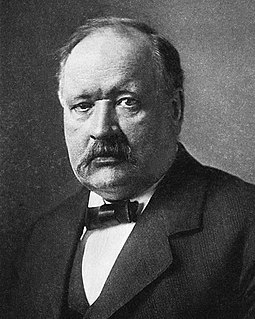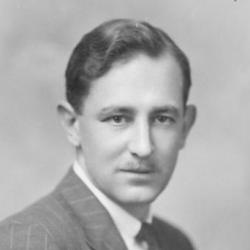A Quote by Desiderius Erasmus
Human affairs are so obscure and various that nothing can be clearly known. This was the sound conclusion of the Academic sceptics, who were the least surly of philosophers.
Related Quotes
I think one reason is that philosophers are more insecure to speak accessibly because non-philosophers are skeptical that philosophers have any special expertise. After all, all people - not just philosophers - have attitudes and points of view on various philosophical questions, and they rather resent being told that there are professionals who can think about these things better.
At first sight nothing seems more obvious than that everything has a beginning and an end, and that everything can be subdivided into smaller parts. Nevertheless, for entirely speculative reasons the philosophers of Antiquity, especially the Stoics, concluded this concept to be quite unnecessary. The prodigious development of physics has now reached the same conclusion as those philosophers, Empedocles and Democritus in particular, who lived around 500 B.C.E. and for whom even ancient man had a lively admiration.
We tend to think of philosophies as produced by professional philosophers. Traditionally, this has meant people who have written dissertations on obscure subjects or who spend most of their day in libraries. But every human is, in an important sense, a carrier of an implicit philosophy - evident in their choices, pronouncements and commitments.
Unfortunately, 19th-century scientists were just as ready to jump to the conclusion that any guess about nature was an obvious fact, as were 17th-century sectarians to jump to the conclusion that any guess about Scripture was the obvious explanation . . . . and this clumsy collision of two very impatient forms of ignorance was known as the quarrel of Science and Religion.
But that night as I drove back to Montreal, I at least discovered this: that there is no simple explanation for anything important any of us do, and that the human tragedy, or the human irony, consists in the necessity of living with the consequences of actions performed under the pressure of compulsions so obscure we do not and cannot understand them.






































